Find Help
More Items From Ergsy search
-
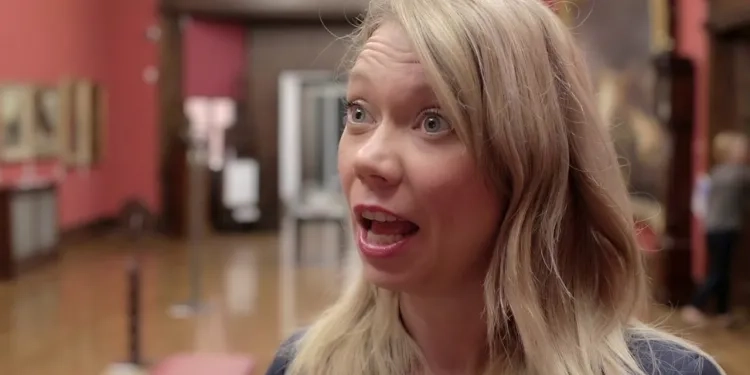
Social Prescribing
Relevance: 100%
-
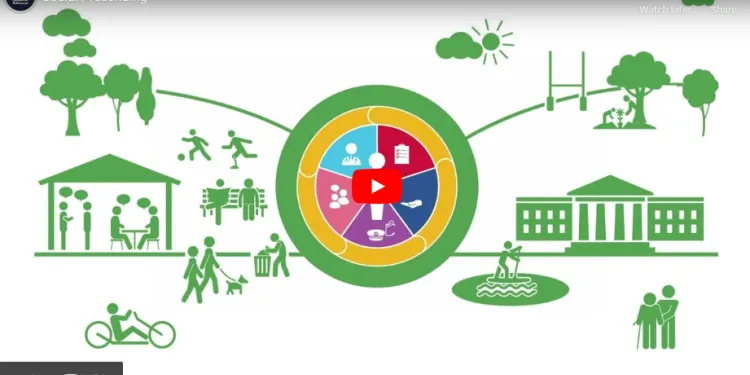
Social Prescribing
Relevance: 100%
-
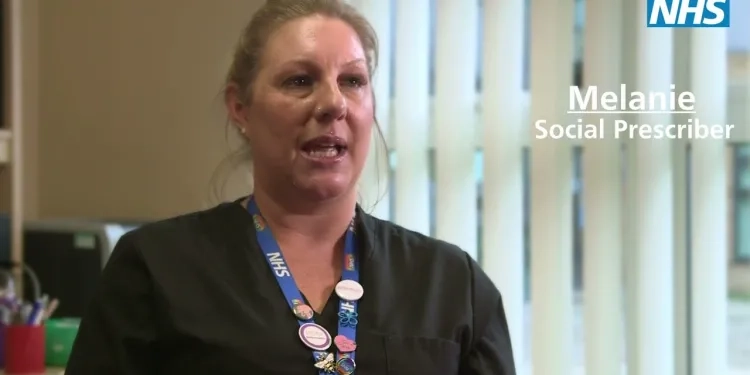
What is a social prescriber?
Relevance: 94%
-
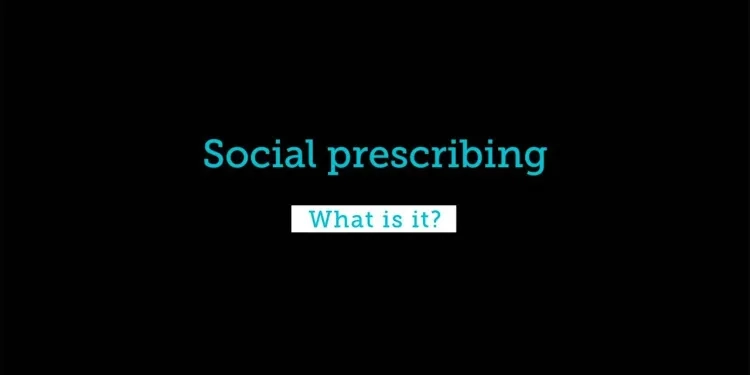
Social prescribing – what is it?
Relevance: 94%
-
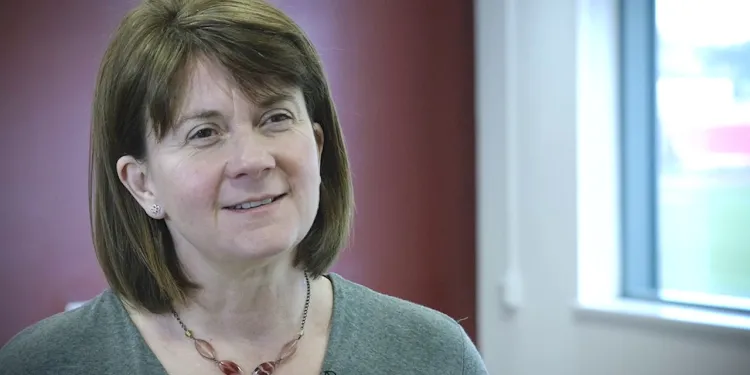
Social prescribing in practice: supporting social prescribing link workers
Relevance: 94%
-
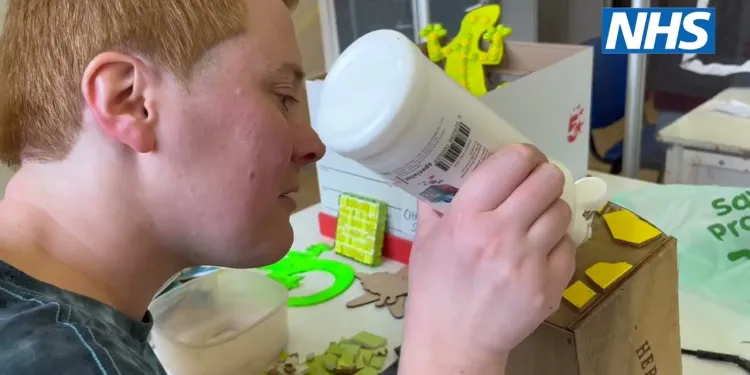
Social Prescribing in Greater Manchester
Relevance: 89%
-
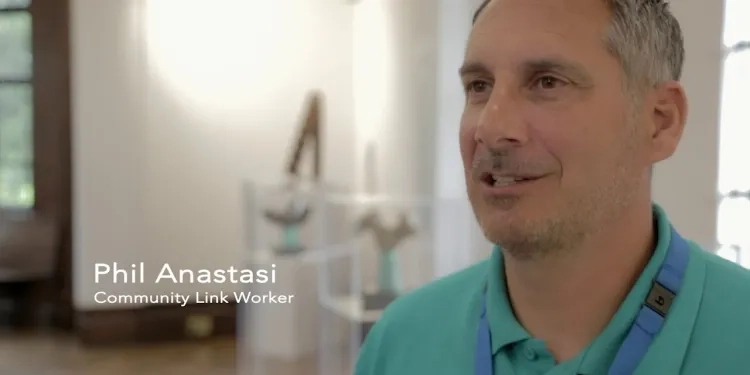
Introducing Social Prescribing - short video
Relevance: 86%
-
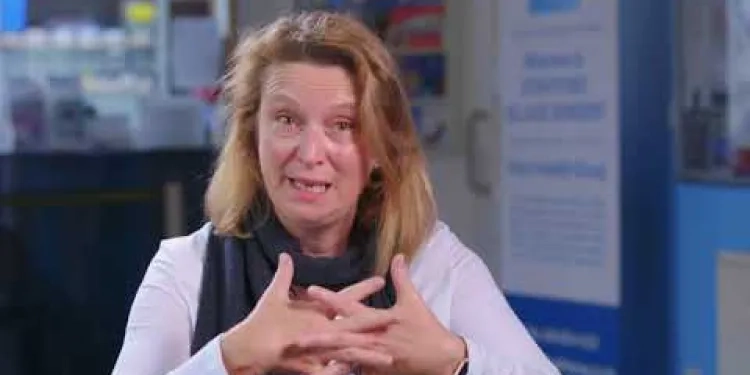
Social prescribing in south east London
Relevance: 85%
-
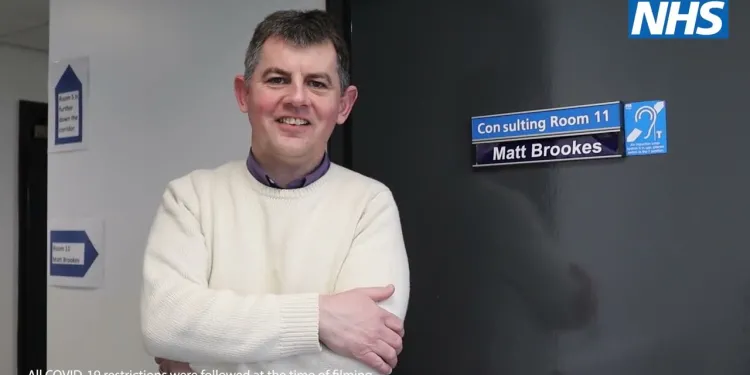
What is a social prescriber, and how do they support general practice?
Relevance: 78%
-
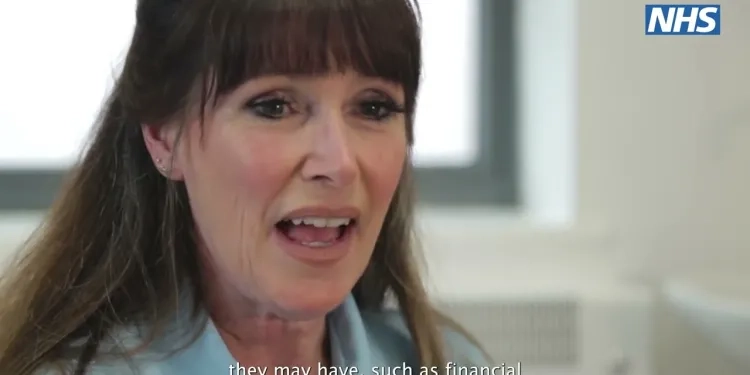
How can a Social Prescribing Link Worker help you? #MeetYourGPTeam
Relevance: 73%
-
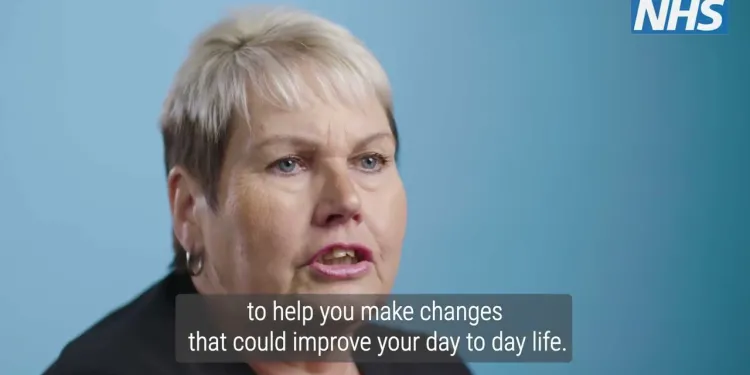
Social Prescribing Link Workers are part of new health and wellbeing services in NHS surgeries
Relevance: 69%
-

Do chiropractors prescribe medications?
Relevance: 50%
-
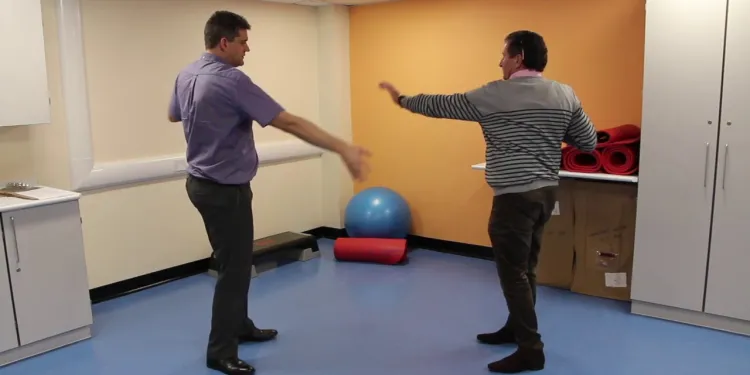
Sean's Story - There is another way. Information for prescribers
Relevance: 45%
-
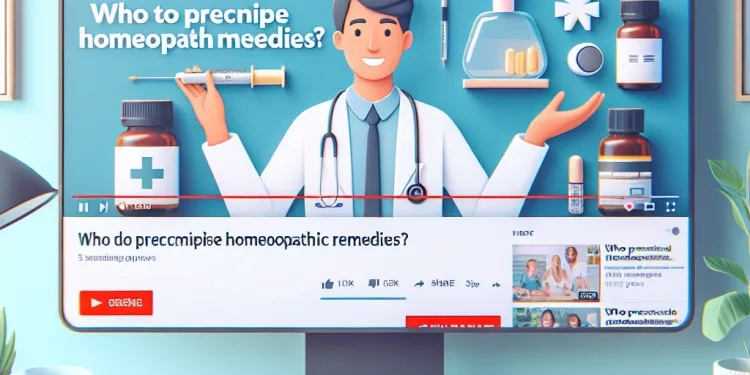
Who can prescribe homeopathic remedies?
Relevance: 45%
-
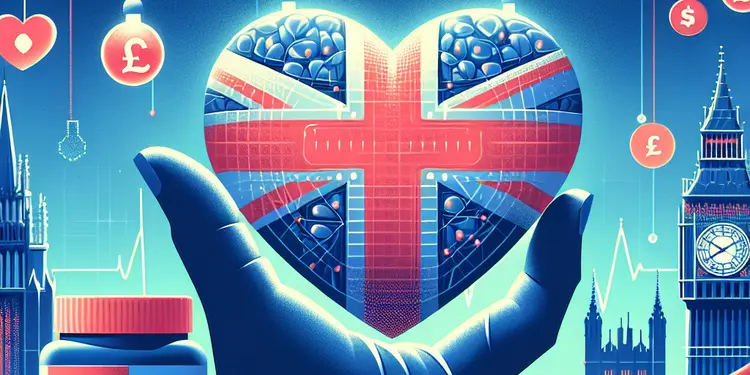
What medications are commonly prescribed for heart failure?
Relevance: 42%
-
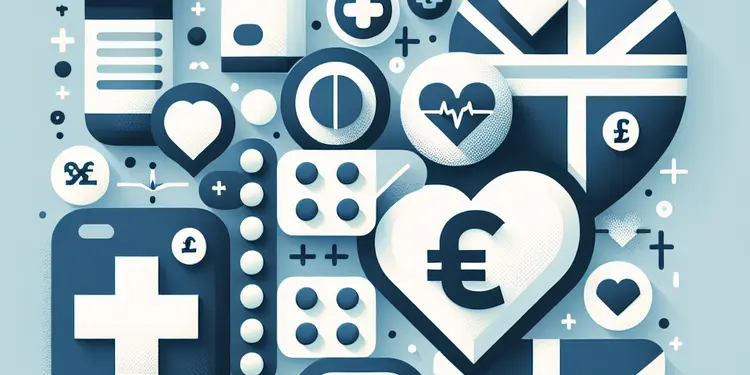
What drugs are commonly prescribed to reduce the risk of heart attacks?
Relevance: 40%
-
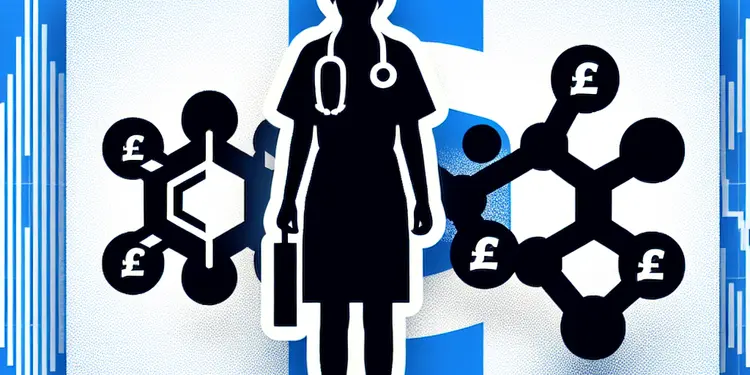
Can ketamine be prescribed for mental health conditions?
Relevance: 37%
-
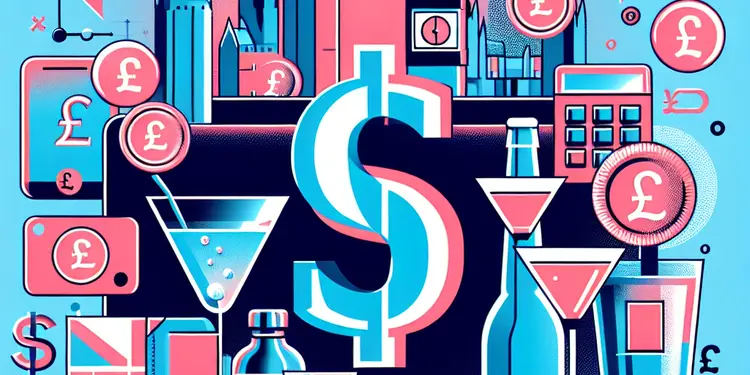
What are the social consequences of binge drinking?
Relevance: 37%
-
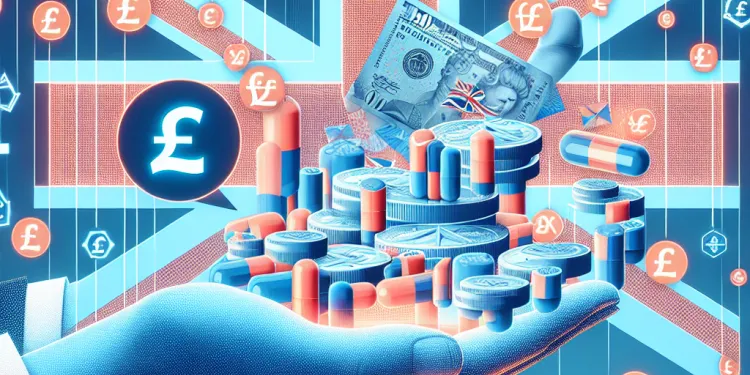
Who might be prescribed Baxdrostat?
Relevance: 37%
-
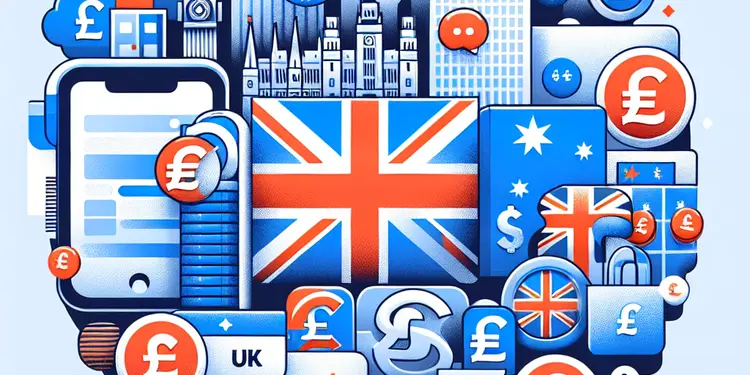
Is there public support for the social media ban in Australia?
Relevance: 35%
-

Submitted Addressing Social Inequalities: Initiatives and Challenges in the UK
Relevance: 35%
-
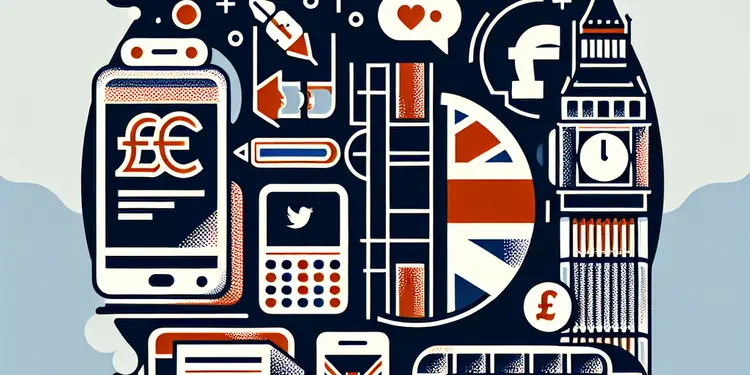
Are there any criticisms of the social media ban for children?
Relevance: 35%
-

Is the UK introducing a Social Media ban for under 16's?
Relevance: 35%
-
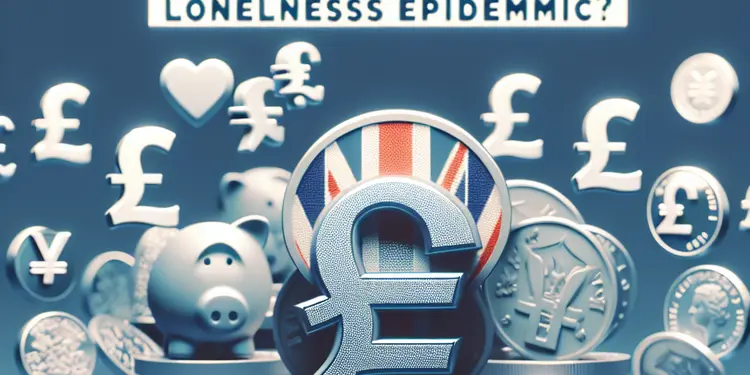
How does social media contribute to the loneliness epidemic?
Relevance: 34%
-
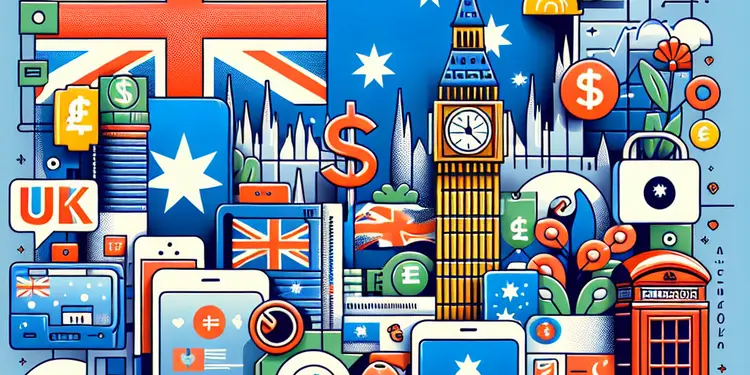
What is the social media ban for children in Australia?
Relevance: 34%
-
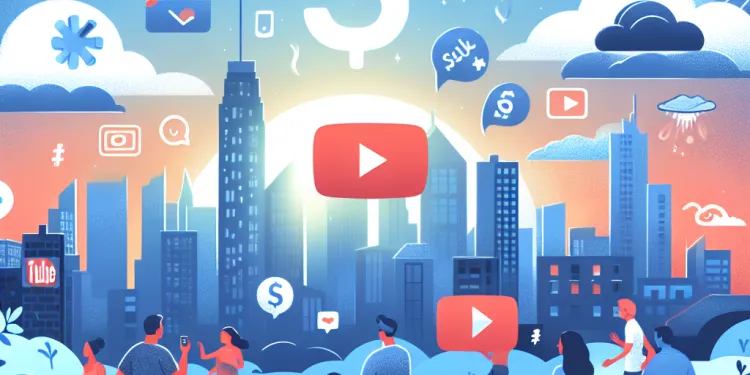
Strategies for Reducing Loneliness and Social Isolation in Urban Areas
Relevance: 34%
-
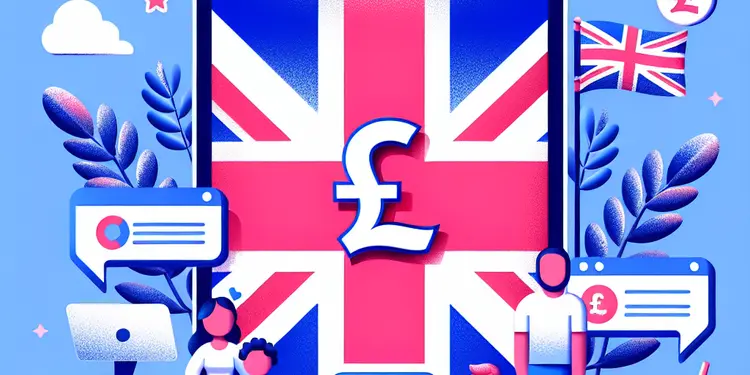
What role do parents play in the social media ban?
Relevance: 34%
-
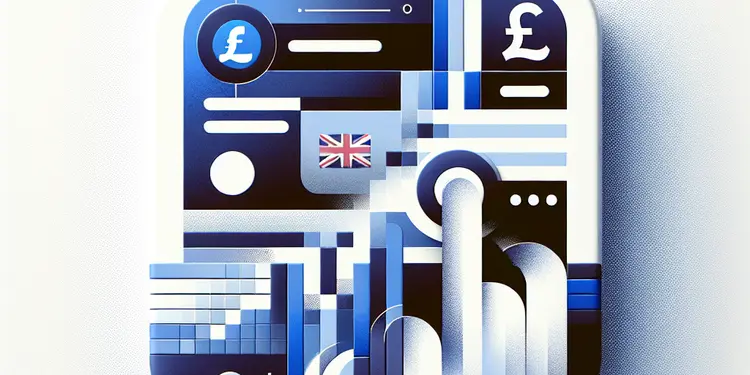
Who is pushing for a social media ban for under 16s in the UK?
Relevance: 34%
-

Why are there unfamiliar apps connected to my social media account?
Relevance: 34%
-
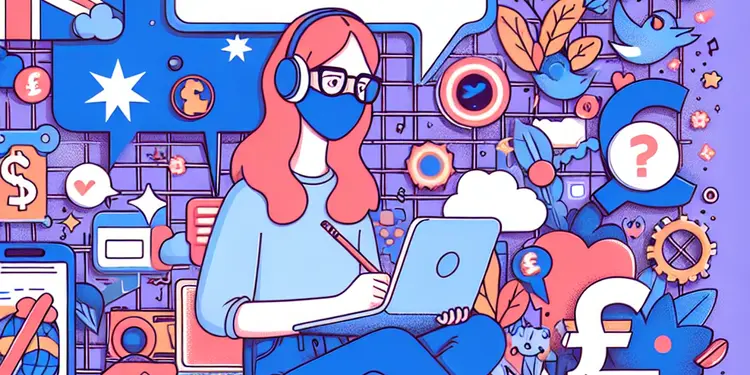
Why was the social media ban for children implemented in Australia?
Relevance: 34%
-
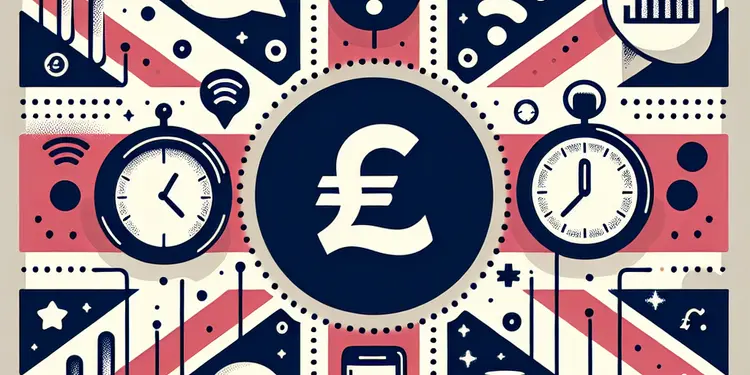
What future changes are anticipated for the social media ban?
Relevance: 33%
-
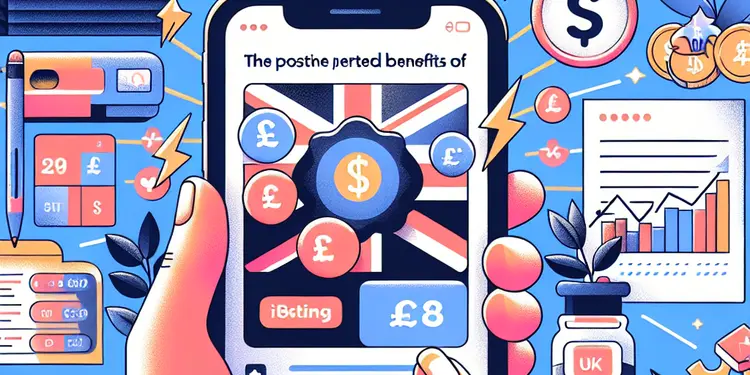
Have there been any reported benefits of the social media ban?
Relevance: 33%
-
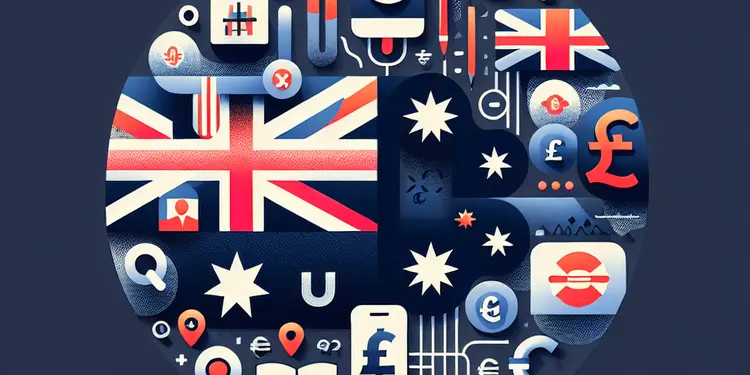
Is there any international interest in Australia's social media ban?
Relevance: 33%
-
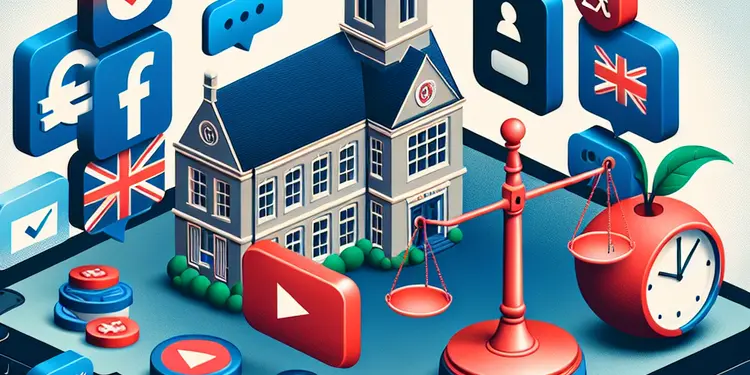
What role do schools play in supporting the social media ban?
Relevance: 33%
-
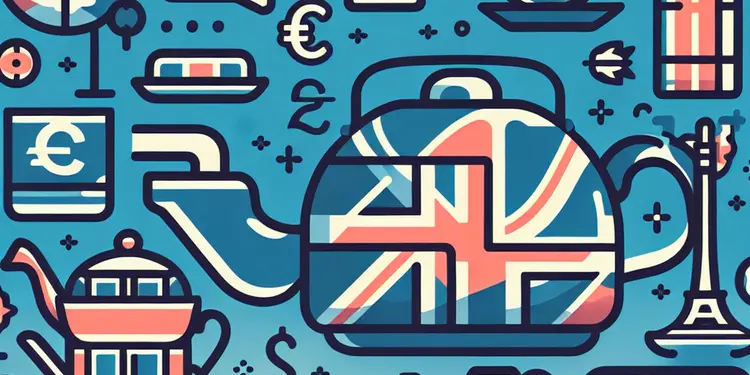
How has the social media industry reacted to the ban?
Relevance: 33%
-
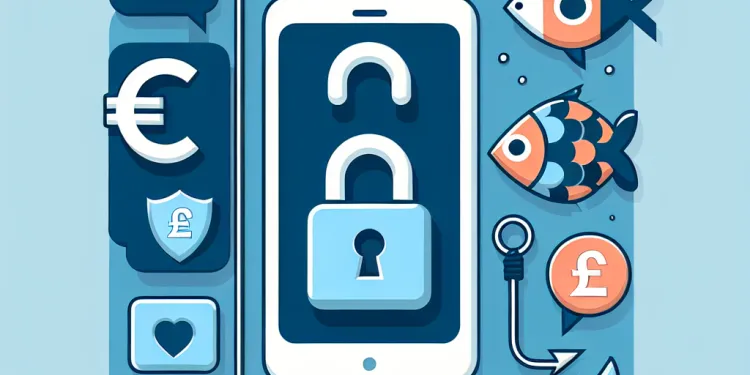
How can phishing attacks lead to social media hacks?
Relevance: 33%
-

Is the UK planning to introduce a social media ban for those under 16?
Relevance: 33%
-
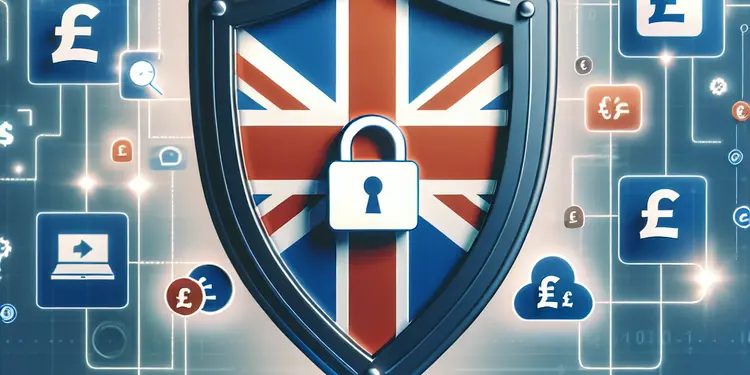
Can scammers access my information through social media?
Relevance: 33%
-
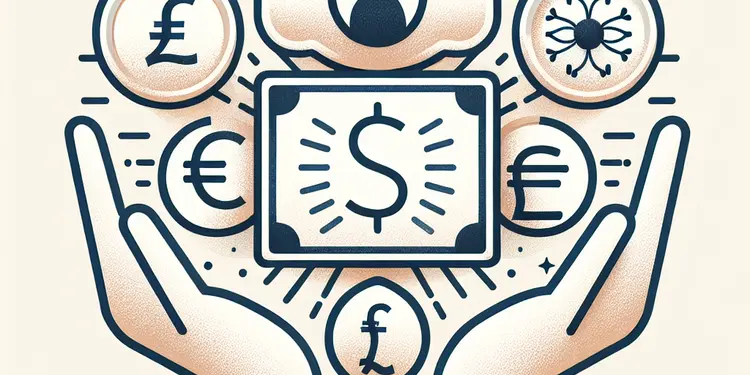
What is Social Security and how can seniors benefit from it?
Relevance: 33%
-
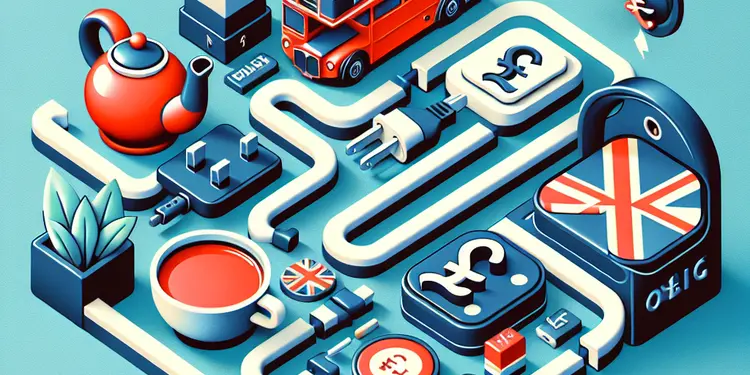
What challenges have been encountered with the social media ban?
Relevance: 33%
What is a Social Prescriber?
Role Definition
A social prescriber is a healthcare professional who works within the community to help individuals address non-medical factors affecting their health and well-being. Operating in the United Kingdom, social prescribers play a pivotal role in linking patients with various support services, activities, and community resources.
Duties and Responsibilities
Social prescribers typically provide personalized support by assessing an individual’s needs and preferences. Their duties can include:
- Conducting one-on-one sessions to discuss the patient’s issues and goals.
- Creating an individualized plan that connects the patient to community resources such as exercise classes, support groups, or volunteering opportunities.
- Following up to ensure the patient is benefiting from the prescribed activities and services.
Benefits of Social Prescribing
Social prescribing has several key benefits:
- Reduces isolation and loneliness by connecting individuals to community networks.
- Improves mental health by offering activities that enhance well-being.
- Offers support for managing chronic conditions and improving quality of life.
- Reduces pressure on the NHS by offering non-clinical interventions that can alleviate certain health issues.
How to Access Social Prescribing Services
In the UK, social prescribing services can be accessed through your general practitioner (GP) or other health and social care professionals. Patients are typically referred to a social prescribing link worker who then tailors the support to meet their specific needs.
Conclusion
Social prescribers are essential in bridging the gap between clinical care and community support services. By addressing the broader determinants of health, they contribute significantly to improving overall well-being and quality of life for individuals in the UK.
What is a Social Prescriber?
Role Definition
A social prescriber is a person who helps people in the community feel better. They help with things that are not medical, like joining clubs or finding support groups. They mainly work in the United Kingdom.
Duties and Responsibilities
Social prescribers help people by:
- Talking to them one by one to understand their problems and what they want.
- Making a plan to help them join things like exercise classes or volunteer groups.
- Checking back later to make sure they are happy with the help they are getting.
Benefits of Social Prescribing
Social prescribing helps people by:
- Connecting them to others, so they feel less lonely.
- Helping them do activities that make them feel better and happier.
- Supporting them with long-term health issues to have a better life.
- Helping the NHS by giving support outside of hospitals and clinics.
How to Access Social Prescribing Services
If you live in the UK, you can ask your doctor or health care worker about social prescribing. They can refer you to someone who will make a special plan just for you.
Conclusion
Social prescribers are important because they help connect medical care with community support. They help people live healthier and happier lives in the UK.
Frequently Asked Questions
What is a social prescriber?
A social prescriber is a professional who helps connect people with non-medical support services and community resources to improve their overall health and well-being.
How can a social prescriber help me?
A social prescriber can assist you in accessing community groups, activities, and services that can help address social, emotional, or practical needs.
Who can benefit from social prescribing?
Anyone feeling isolated, stressed, anxious, or in need of social support can benefit from social prescribing, including those with long-term health conditions.
How do I get referred to a social prescriber?
Referrals to a social prescriber are typically made through your GP, healthcare provider, or other community services.
Is there a cost to see a social prescriber?
Social prescribing services through the NHS are generally free of charge, but some community activities or services you are referred to may have associated costs.
What types of activities might a social prescriber recommend?
Recommendations may include exercise classes, volunteering, art groups, counseling, debt advice, or support groups, among others.
How long does it take to see a social prescriber?
The waiting time can vary, but your GP or healthcare provider can give you an estimate based on current demand.
Can I self-refer to a social prescriber?
In some areas, self-referrals might be possible. Check with your local NHS or community services to see if this option is available.
What qualifications do social prescribers have?
Social prescriber qualifications can vary, but they often have backgrounds in healthcare, social work, psychology, or community services.
How is a social prescriber different from a GP or therapist?
Unlike GPs or therapists, social prescribers focus on connecting individuals with community resources and social support rather than providing medical treatment or therapy.
What is the goal of social prescribing?
The goal of social prescribing is to improve overall health and well-being by addressing social determinants of health and promoting community engagement.
Do social prescribers work with other healthcare professionals?
Yes, social prescribers often collaborate with GPs, nurses, therapists, and other healthcare and community professionals to provide comprehensive support.
Can social prescribing help with mental health issues?
Yes, social prescribing can provide support for individuals experiencing mental health issues by connecting them with appropriate community resources and activities.
What should I expect during my first meeting with a social prescriber?
During your first meeting, the social prescriber will discuss your needs, interests, and goals to tailor recommendations for community support and activities.
How do I find out more about social prescribing in my area?
You can learn more about social prescribing by speaking with your GP, visiting the NHS website, or contacting local community health services.
What is a social prescriber?
A social prescriber is someone who helps you find support in your community. They talk to you about things you need help with, like meeting new friends, getting active, or managing stress.
Here are some ways they can help you:
- Find clubs or groups you might enjoy
- Learn new skills or hobbies
- Get support with health problems
- Meet new people
If you need help understanding, you can ask someone to explain it to you or use pictures to make it clearer.
A social prescriber is a person who helps people find support and activities in their community. This can help them feel healthier and happier.
How can a social prescriber help me?
A social prescriber is someone who listens to you and helps you find things to make you feel better.
They can help you with:
- Finding groups to join.
- Getting more active.
- Talking to people who can help.
- Learning new skills.
You can ask your doctor or health helper about seeing a social prescriber.
If reading is hard, you can ask someone to read it to you. Or you can use a text-to-speech app to help.
A social prescriber can help you find community groups, activities, and services. These can help with things you might need, like making friends, feeling better, or getting things done.
Who can get help from social prescribing?
Social prescribing can help many people. It is for anyone who needs extra support for their health and well-being. This can include people who feel lonely, people with stress, or those who want help to get more active.
If you need help, you can talk to your doctor or a worker at your health center. They can help you find activities or groups to join. These can make you feel better and give you more energy.
Tools that can help:
- Talking to a nurse or doctor
- Joining a local group or club
- Using phone apps for health and relaxation
If you feel alone, worried, or need help, social prescribing can be good for you. It can help people with health problems that last a long time too.
How can I talk to a social prescriber?
You can meet with a social prescriber if your doctor or someone from a community service tells you about them. They can help you find support for your health and well-being.
Do you need to pay to see a social prescriber?
Most of the time, social prescribing services from the NHS are free.
But sometimes, the activities or services they suggest might cost money.
What fun things can a social prescriber suggest for you to do?
A social prescriber can help you find fun and helpful things to do. Here are some ideas:
- Join a club: You can meet new friends and share hobbies.
- Exercise classes: Stay healthy and have fun with others.
- Art or music groups: Get creative and enjoy making things.
- Gardening: Spend time outside and learn about plants.
- Support groups: Talk and share with people who understand you.
If reading is hard, you can ask someone to help. You can also try listening to audiobooks or using special apps to read out loud for you.
Doctors might tell you about things like exercise classes, helping others, art groups, talking to someone for advice, money help, or support groups.
How long do you wait to see a social prescriber?
Seeing a social prescriber might take some time. It could be a few days or weeks.
Ask your doctor or nurse about it. They can tell you more.
Use a calendar or write a reminder to keep track of your appointment.
Try using simple apps or alarms on your phone to help you remember.
The time you need to wait might change. Your doctor or healthcare worker can tell you how long you might have to wait right now.
Can I ask to see a social prescriber by myself?
Yes, you can ask to see a social prescriber on your own.
If you need help, you can talk to a family member, friend, or caregiver.
They can help you fill out forms or make a phone call.
You can also use a computer or phone to find more info about social prescribers near you.
You might be able to ask for help on your own in some places. Ask your local NHS or community services if you can do this where you live.
What qualifications do social prescribers have?
Social prescribers help people get support in their community. What qualifications do they need?
Social prescribers may have different qualifications. They might have studied health or social care. They could also have experience helping people in their community.
Social prescribers usually know a lot about local support services. They use this knowledge to help people find the right support for them.
If you want to know more about how social prescribers can help, you can ask your doctor or a local health service. They can give you more information and support.
Social prescribers help people and come from different jobs. They might have worked in healthcare, social work, psychology, or helping in the community.
If you want help reading, you can:
- Ask someone to read it to you.
- Use a text-to-speech tool that reads words out loud.
- Look for easy books or websites with simple words.
How is a social prescriber different from a doctor or therapist?
A social prescriber helps you in different ways than a doctor or therapist.
Doctor: A doctor helps you if you are sick or hurt. They give you medicine or treatment.
Therapist: A therapist talks with you to help you feel better in your mind and emotions.
Social Prescriber: A social prescriber can help you find activities or groups in your area. They help you feel better by doing fun things and meeting people.
If reading is hard, try reading with a friend or use pictures to help understand. Listening to someone read the text out loud can also help.
Social prescribers are different from doctors or therapists. They help people find support and activities in their community. They do not give medicine or therapy.
What does social prescribing do?
Social prescribing helps people feel better by connecting them to activities and support in their community.
For example, it can help someone join a local club, start a hobby, or get support from groups.
This is good for mental health and can help you feel happier.
If you want help, you can talk to a doctor or a community worker. They can show you where to find activities and support.
Social prescribing helps people feel better by focusing on things like friendships and being part of a community. It looks at what might make someone feel unwell in their life, not just the medical part.
Do social prescribers work with other healthcare professionals?
Yes, social prescribers work with other healthcare professionals. They are part of a team. This team helps people get better care.
If you find it tricky to understand, you can ask someone to read it with you. You can also use tools like a reading app to listen to the text.
Yes, social prescribers work with doctors, nurses, therapists, and many other helpers. They all work together to give people lots of support.
If you find reading hard, try using audiobooks or apps that read text out loud. They can help you understand better.
Can getting help that is not medicine help with mental health problems?
Sometimes, doctors give you medicine to help you feel better. But there are other ways to help too. This is called "social prescribing." It means doing things like joining clubs, learning new skills, or talking to people.
If you are feeling sad or worried, social prescribing can help. You can try:
- Joining a sport or art club
- Learning something new, like cooking or singing
- Talking to other people
- Spending time outside in nature
These things can make you feel happier and less alone. You can ask your doctor or someone you trust for ideas and support.
Yes, social prescribing can help people with mental health problems. It connects them to activities and help in their community.
What will happen at my first meeting with a social prescriber?
At your first meeting, you will talk with a person called a social prescriber. They are there to help you.
Here is what you can expect:
- Your social prescriber will listen to you. You can tell them about anything that is troubling you.
- They will ask you questions to understand what support you need.
- Together, you will find activities or services that can help you feel better.
If you find reading hard, you can:
- Ask someone to read with you.
- Use text-to-speech tools on your phone or computer.
In your first meeting, the helper will talk to you about what you need and like. They want to know what things you want to do. This will help them find the best groups and activities for you to join in your community.
How can I learn more about social prescribing near me?
Do you want to know more about social prescribing where you live? Here are some simple steps:
- Ask your doctor or nurse. They can tell you about it.
- Visit your local library. The librarians can help you find information.
- Search online for "social prescribing" and your area name.
- Talk to friends or family. They might know about it too.
You can also look for help from a support group. They can help explain things. Remember, it's okay to ask questions until you understand.
You can find out more about getting help from the community by talking to your doctor, looking at the NHS website, or reaching out to local health services near you.
Useful Links
This website offers general information and is not a substitute for professional advice.
Always seek guidance from qualified professionals.
If you have any medical concerns or need urgent help, contact a healthcare professional or emergency services immediately.
- Ergsy carfully checks the information in the videos we provide here.
- Videos shown by Youtube after a video has completed, have NOT been reviewed by ERGSY.
- To view, click the arrow in centre of video.
- Most of the videos you find here will have subtitles and/or closed captions available.
- You may need to turn these on, and choose your preferred language.
- Go to the video you'd like to watch.
- If closed captions (CC) are available, settings will be visible on the bottom right of the video player.
- To turn on Captions, click settings .
- To turn off Captions, click settings again.
More Items From Ergsy search
-

Social Prescribing
Relevance: 100%
-

Social Prescribing
Relevance: 100%
-

What is a social prescriber?
Relevance: 94%
-

Social prescribing – what is it?
Relevance: 94%
-

Social prescribing in practice: supporting social prescribing link workers
Relevance: 94%
-

Social Prescribing in Greater Manchester
Relevance: 89%
-

Introducing Social Prescribing - short video
Relevance: 86%
-

Social prescribing in south east London
Relevance: 85%
-

What is a social prescriber, and how do they support general practice?
Relevance: 78%
-

How can a Social Prescribing Link Worker help you? #MeetYourGPTeam
Relevance: 73%
-

Social Prescribing Link Workers are part of new health and wellbeing services in NHS surgeries
Relevance: 69%
-

Do chiropractors prescribe medications?
Relevance: 50%
-

Sean's Story - There is another way. Information for prescribers
Relevance: 45%
-

Who can prescribe homeopathic remedies?
Relevance: 45%
-

What medications are commonly prescribed for heart failure?
Relevance: 42%
-

What drugs are commonly prescribed to reduce the risk of heart attacks?
Relevance: 40%
-

Can ketamine be prescribed for mental health conditions?
Relevance: 37%
-

What are the social consequences of binge drinking?
Relevance: 37%
-

Who might be prescribed Baxdrostat?
Relevance: 37%
-

Is there public support for the social media ban in Australia?
Relevance: 35%
-

Submitted Addressing Social Inequalities: Initiatives and Challenges in the UK
Relevance: 35%
-

Are there any criticisms of the social media ban for children?
Relevance: 35%
-

Is the UK introducing a Social Media ban for under 16's?
Relevance: 35%
-

How does social media contribute to the loneliness epidemic?
Relevance: 34%
-

What is the social media ban for children in Australia?
Relevance: 34%
-

Strategies for Reducing Loneliness and Social Isolation in Urban Areas
Relevance: 34%
-

What role do parents play in the social media ban?
Relevance: 34%
-

Who is pushing for a social media ban for under 16s in the UK?
Relevance: 34%
-

Why are there unfamiliar apps connected to my social media account?
Relevance: 34%
-

Why was the social media ban for children implemented in Australia?
Relevance: 34%
-

What future changes are anticipated for the social media ban?
Relevance: 33%
-

Have there been any reported benefits of the social media ban?
Relevance: 33%
-

Is there any international interest in Australia's social media ban?
Relevance: 33%
-

What role do schools play in supporting the social media ban?
Relevance: 33%
-

How has the social media industry reacted to the ban?
Relevance: 33%
-

How can phishing attacks lead to social media hacks?
Relevance: 33%
-

Is the UK planning to introduce a social media ban for those under 16?
Relevance: 33%
-

Can scammers access my information through social media?
Relevance: 33%
-

What is Social Security and how can seniors benefit from it?
Relevance: 33%
-

What challenges have been encountered with the social media ban?
Relevance: 33%


